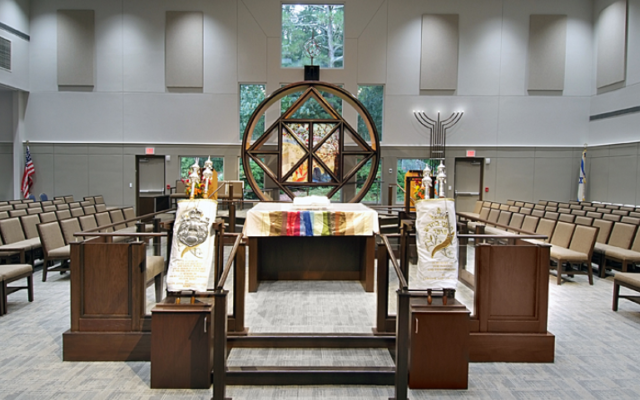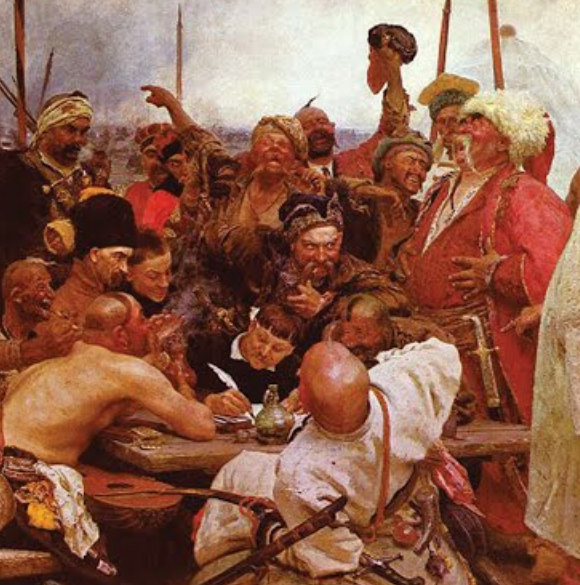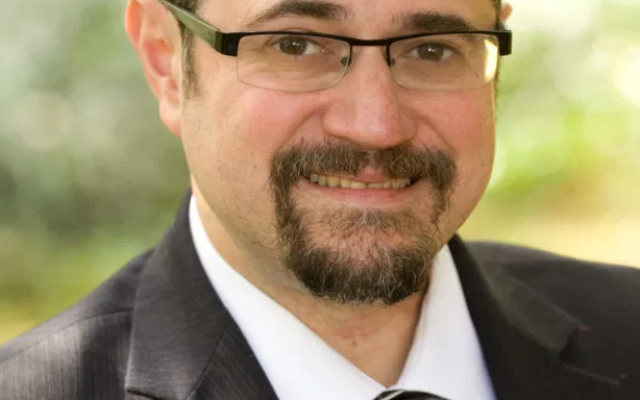Sandy Springs Rabbi Feels Call of History
Rabbi Joshua Heller is part of rabbinic family that extends back to 17th century.
For Rabbi Joshua Heller, the senior rabbi at Congregation B’nai Torah, congregational life is a family tradition that stretches back nine generations. Heller, who has led Congregational B’nai Torah since 2004, can trace his family’s connection to the rabbinate to the great medieval sage, Rabbi Yom-Tov Lipmann Heller.
Rabbi Lipmann Heller was the chief rabbi of Vienna and then of Prague in the first half of the 17th century and a prominent Talmudic scholar during what was considered a golden age of Jewish scholarship. He was a student of Prague’s great Maharal, Rabbi Judah Loew, and he completed his career as the head of the famous yeshiva in Krakow, Poland.
The Sandy Springs rabbi’s family served congregations in Poland and Lithuania before coming to America about 125 years ago to continue their distinguished tradition.
So it seemed only natural that the young Josh Heller would follow in their footsteps. His father was a prominent congregational rabbi who was president of the World Council of Conservative Synagogues. His mother was the national coordinator of Women’s League for Conservative Judaism.

But young Josh was a bright computer nerd finishing up a degree in computer science at Harvard University. He had plans to maybe put his high-tech skills to work on Wall Street, where he interviewed just before graduation. He was not interested in a synagogue career.
“I grew up seeing how things worked with synagogues. And growing up, I knew I didn’t want to be a rabbi. That was one thing I was certain about.”
Although Wall Street was beckoning to the technology whiz, in his last year at Harvard the old Rabbi Lipmann Heller of Prague also seemed to be calling. In the end he enrolled in the Jewish Theological Seminary where he became one of the few rabbis in the Conservative movement during the 1990s who was as comfortable with the intricacies of high technology as he the was with the disputations of the Talmud.
“No one had heard of the World Wide Web. Texting hadn’t been invented yet. And so I felt like there was definitely a role for people to be on the forefront of figuring out how technology would affect Jewish life. In my first position, even while I was still in rabbinical school, I did a lot of work on Judaism and technology. We created some of the first online courses in Jewish studies.”
After graduation, at a time when home computing and high-speed internet connections were beginning to have an important impact on Conservative Judaism and the Jewish world, he become the coordinator of online studies at JTS.
But as successful as he was at JTS, the influence of all those many generations of congregational rabbis could not be denied. On a fateful day in September 2001, just before calamity struck, he began work in Lower Manhattan.
“I started working as the part-time rabbi for a congregation next to the World Trade Center on Sept. 9, 2001, two days before the Twin Towers were attacked and destroyed. And so I ended up for almost three years working two jobs, doing technology work for the seminary during the day, and then working with this congregation nights and weekends. It was a very intense time. I’m really proud of the work that I did. And I realized that I actually did want to do congregational work after all.”
In July 2004, almost exactly 450 years after the great Rabbi Yom Tov Lipmann Heller died in Krakow, the young rabbi assumed the pulpit in Sandy Springs.
In the years since, Rabbi Heller has built B’nai Torah into one of the fastest- growing Conservative synagogues in the Southeast.
Still, the experience serving his congregants back in 2001 has stayed with him during these trying times.

“Speaking as someone who literally was the rabbi of the synagogue next to the World Trade Center, I think this has been some of the most challenging times in my rabbinate. You know, I’ve been trying to balance worrying about individuals who are going through all kinds of things and worrying about the well-being of the congregation as an organization. I’m also trying to play the role that I’m asked to play in the movement as a whole.”
Nationally, he helps lead Conservative Judaism in a variety of roles, including being a part of the rabbinic cabinet of JTS, and just like his 17th century ancestor, serving as an expert on Jewish law and practice.
Earlier this year he authored a scholarly interpretation of halachah for the Conservative Rabbinical Assembly that for the first time allowed synagogues coping with the coronavirus to use computer technology during Shabbat worship and during major holidays like this year’s Rosh Hashanah and Yom Kippur.
The controversial opinion was not without its detractors. Still, the Sandy Springs religious leader believes that the great, old rabbi in Krakow, who lived through some of the worst pogroms in history, would have understood.
“I have read the writings of my ancestors and I know the stories of their lives. I think every generation of rabbis faces new challenges. I think even Rabbi Yom-Tov Lipmann Heller, would, if he were in my shoes, probably do something similar.”




comments